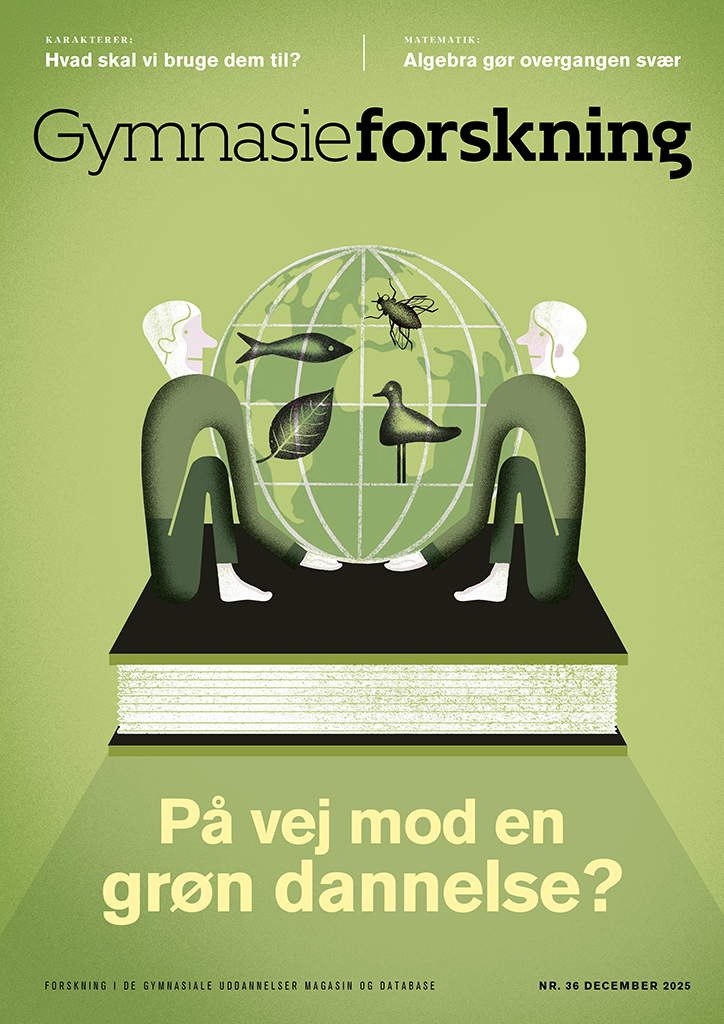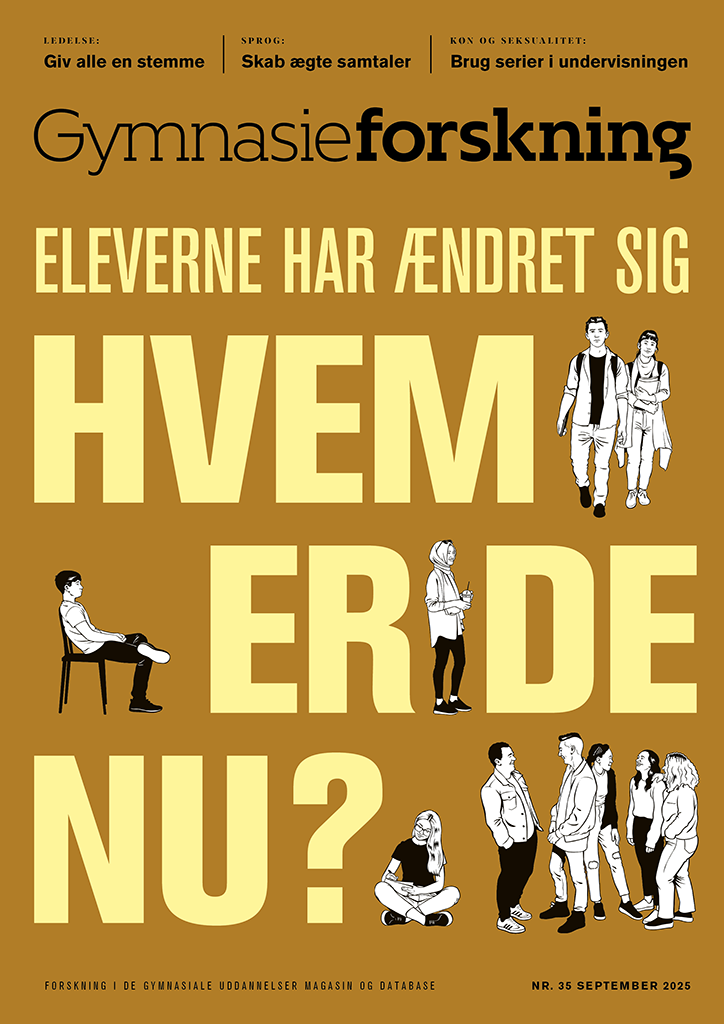The purpose of this article is to call for research that examines the following question in more depth: How do Danish teachers actually use – and make sense of – evidence in their everyday teaching practices? Although we believe that the term “evidence” is not widely used in the everyday lives of teachers, we predict it will become more widespread in the coming years. This Thomas R.S. Albrechtsen & Ane Qvortrup raises a number of questions. For example, let us imagine a teacher who wishes to become a professional practitioner and who only uses “evidence-based” methods. If this teacher seeks guidance from a proponent of and expert in “evidence-based practice”, what would this expert suggest the teacher does? Read more relevant books and research journals? Collaborate more with educational researchers or other experts (if this is possible)? Attend different kinds of in-service teacher development courses in order to gain more evidence about certain educational phenomena (if the school can afford it and the school leader allows it)? It remains unclear where the teacher should source evidence, what it is to “have evidence” and how this evidence should inform teaching in the classroom. The aim of this article is to highlight and outline these questions so that they can form the basis of future research. We will put forward a nuanced view of evidence-based teaching that recognises the value of practice-based evidence.
Forskningsdatabase
Tilbage
Abstract
Fakta
Titel
Making Sense of Evidence in Teaching
Forfatter(e)
Ane Qvortup og Thomas R.S. Albrechtsen
Udgiver
Institut for uddannelse og pædagogik, Aarhus Universitet
Udgivelse
CURSIV, 2014 (14), s. 67-81
Genre
Artikel
Omfang, antal sider
14
Udgivelsesår
2014
Almen didaktik og pædagogik
Udvikling, ledelse og lærerprofessionen
Nyt fra Gymnasieforskning
Få Nyt fra Gymnasieforskning direkte i din indbakke.
Du får:
- Oversigter over den nyeste forskning i vores database indenfor netop dine fag og interesseområder
- Nyheder om vores magasin, podcast, konferencer og nye tiltag
Er du ansat på en institution, der abonnerer på Gymnasieforskning, kan du, ud over Nyt fra Gymnasieforskning også få adgang til magasin-arkivet online, ved at logge ind eller oprette en bruger-profil.
Ups. Der er gået noget galt. Opdater siden og prøv igen.
Seneste magasin
Viden, der inspirerer og kan bruges i praksis
Tegn abonnement på vores magasin Gymnasieforskning og få den nyeste forskningsviden om de gymnasiale uddannelser – direkte målrettet undervisere og ledere i gymnasiesektoren.






